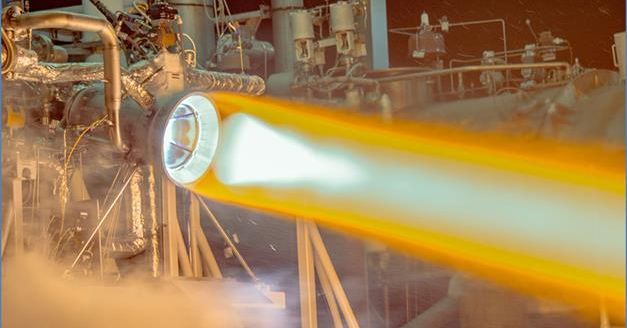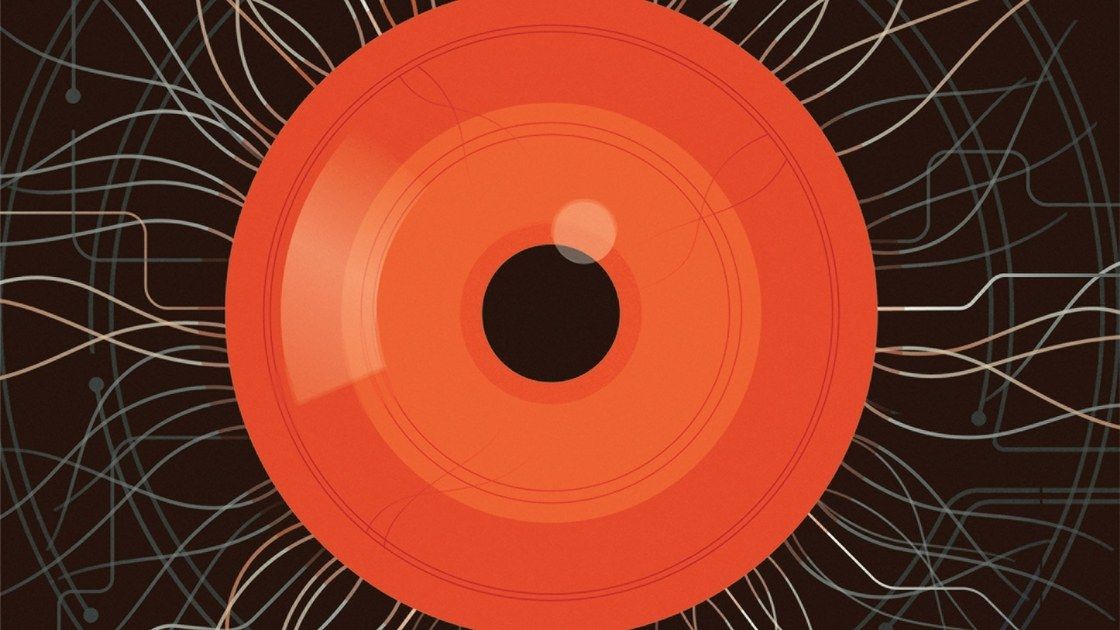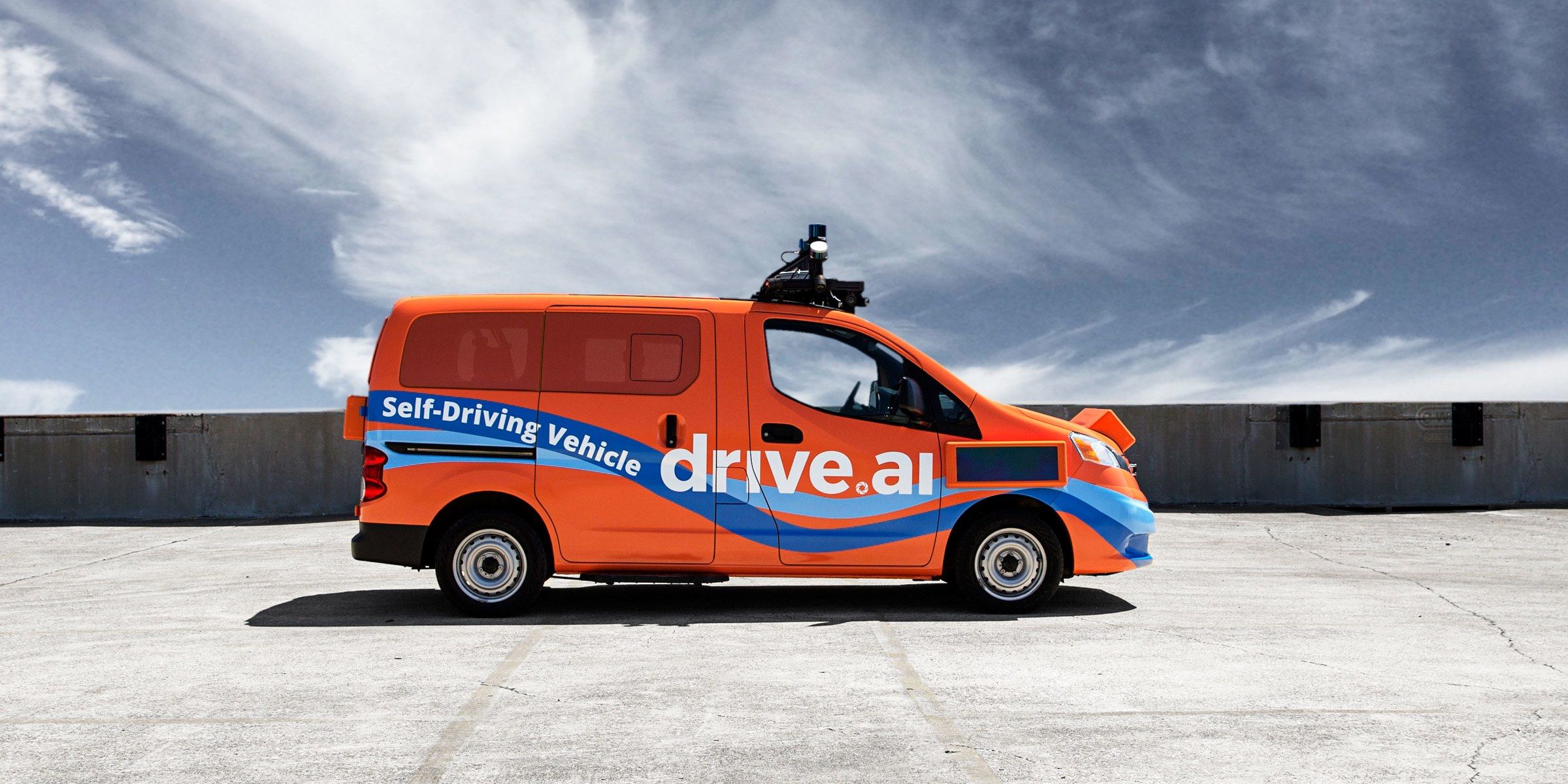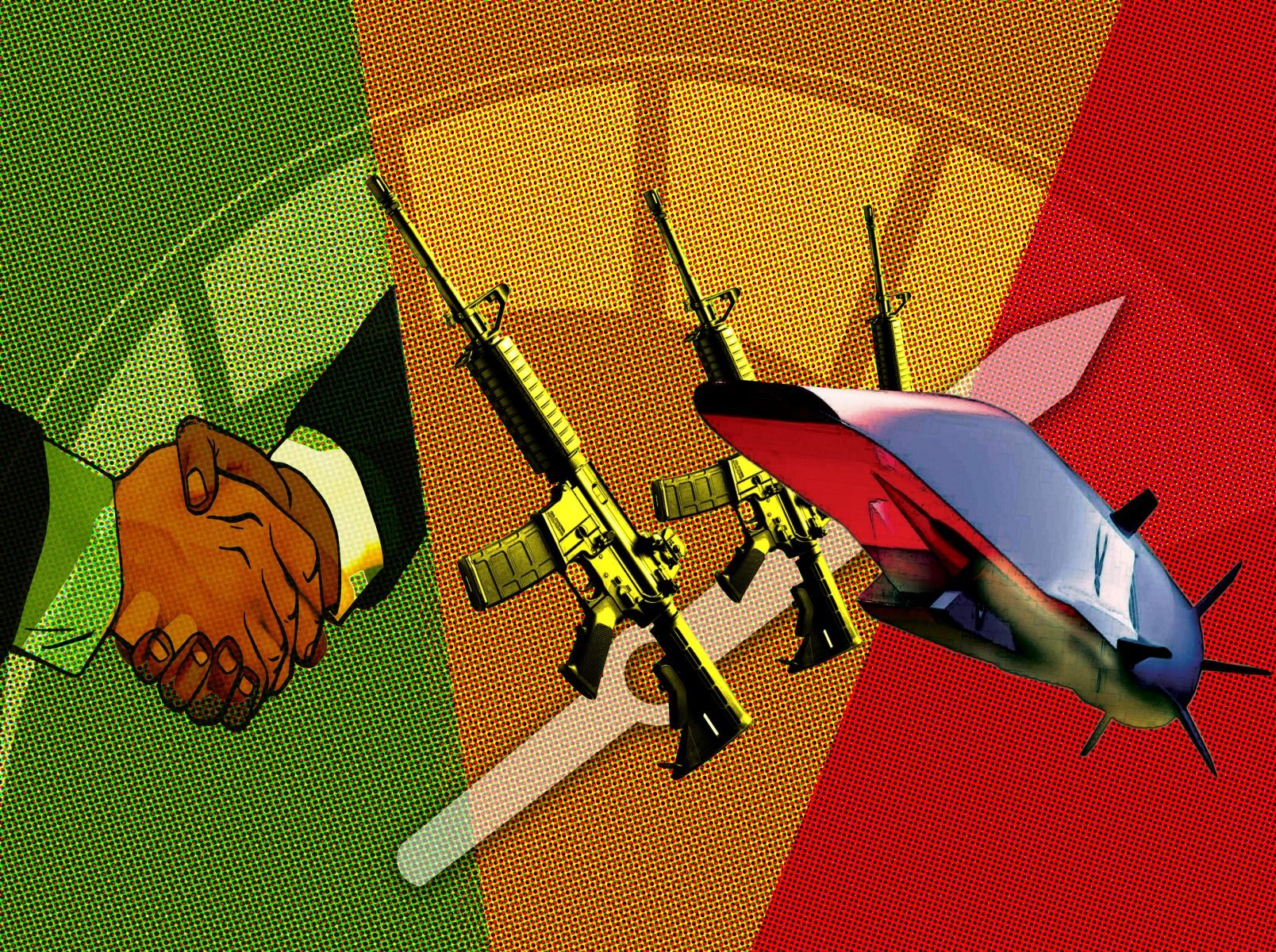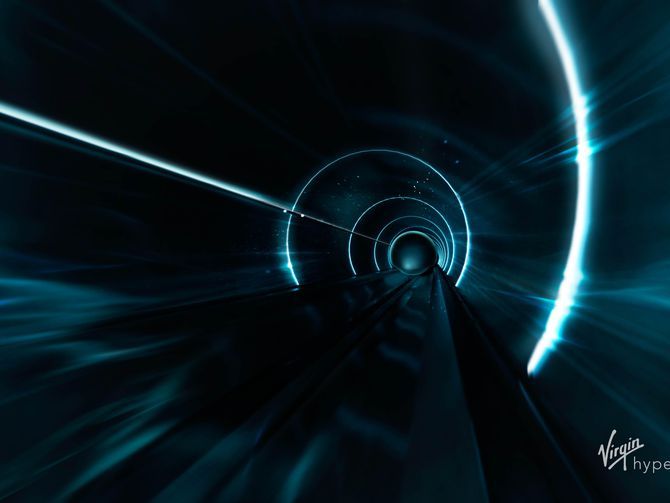For an invited competition, Pickard Chilton and ARUP collaborated on the concept design for a Mega-Skyport – Uber’s vision for a next-generation urban aviation transport system. Dubbed “Sky Tower,” the project is intended to facilitate at least 1000 vehicle arrivals and 1000 departures per hour, with each vehicle accommodating up to five passengers.
Once the objective of the desired throughput was resolved, Pickard Chilton and ARUP endeavored to create an elegant yet highly engineered and sophisticated work of architecture that would support and augment the Uber brand. Due to the multi-faceted kit-of-parts and adaptability of the individual module, it can be applied both vertically and horizontally to suit any given context.
While the Sky Tower is conceptual, it is not science fiction. Based on a pragmatic and research-driven approach, the Sky Tower concept delivers to Uber a modular, extensible and sustainable solution that supports their vision for the future of intra-urban transportation.
